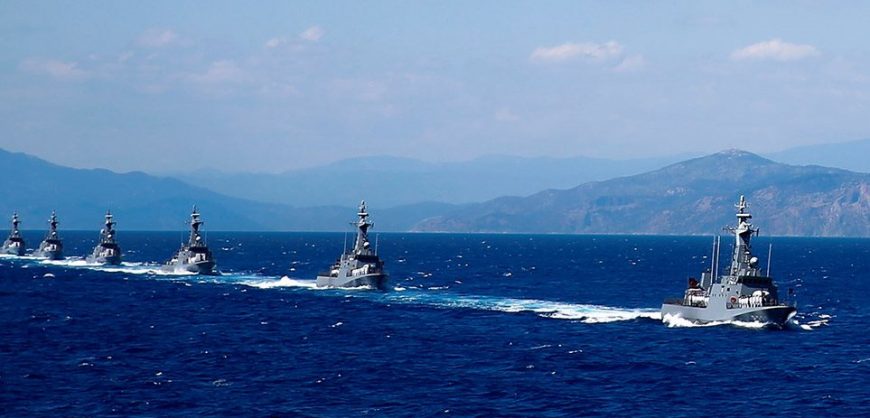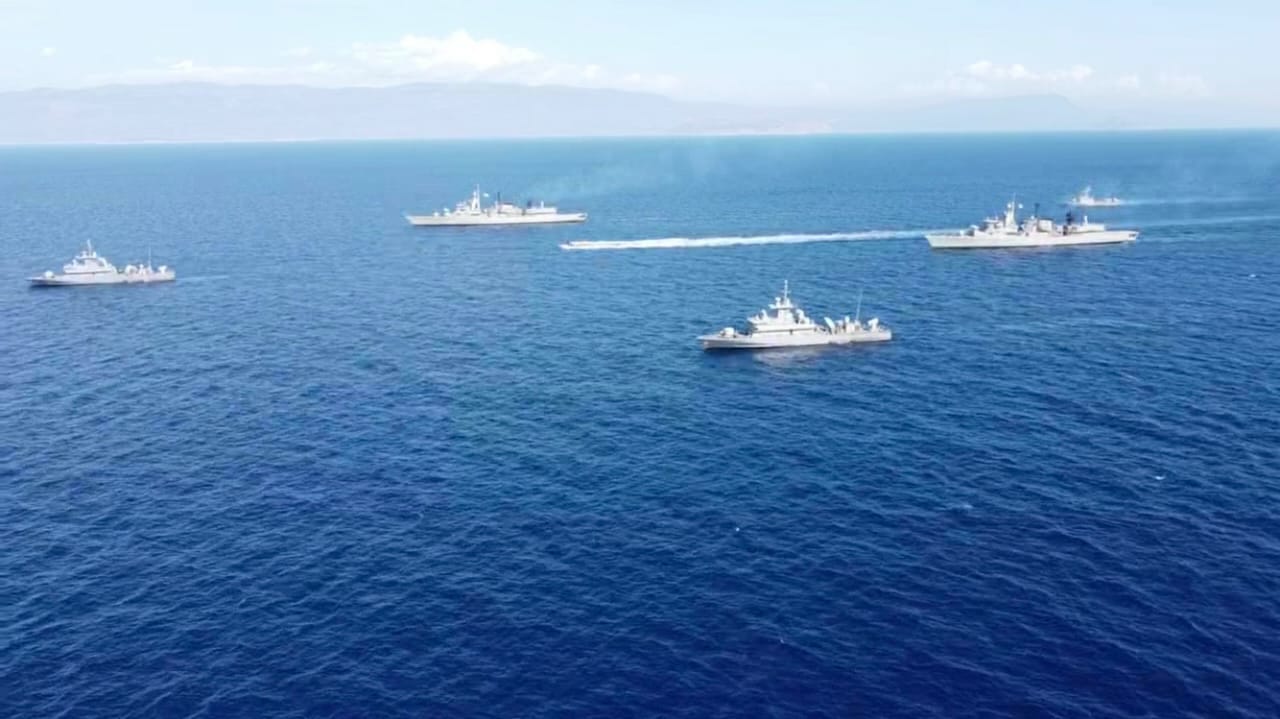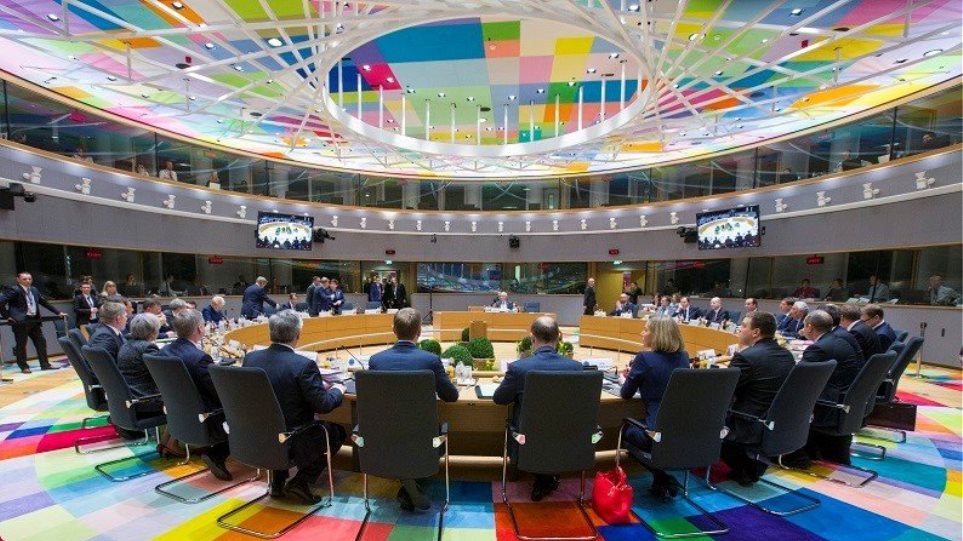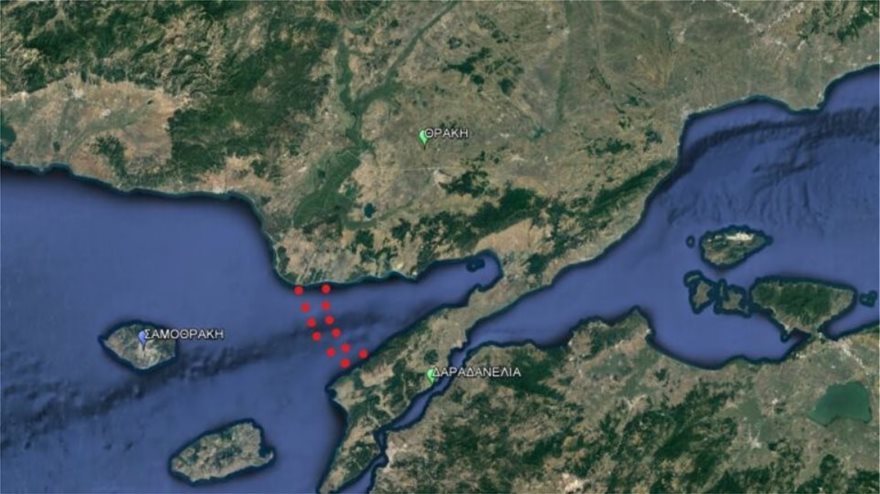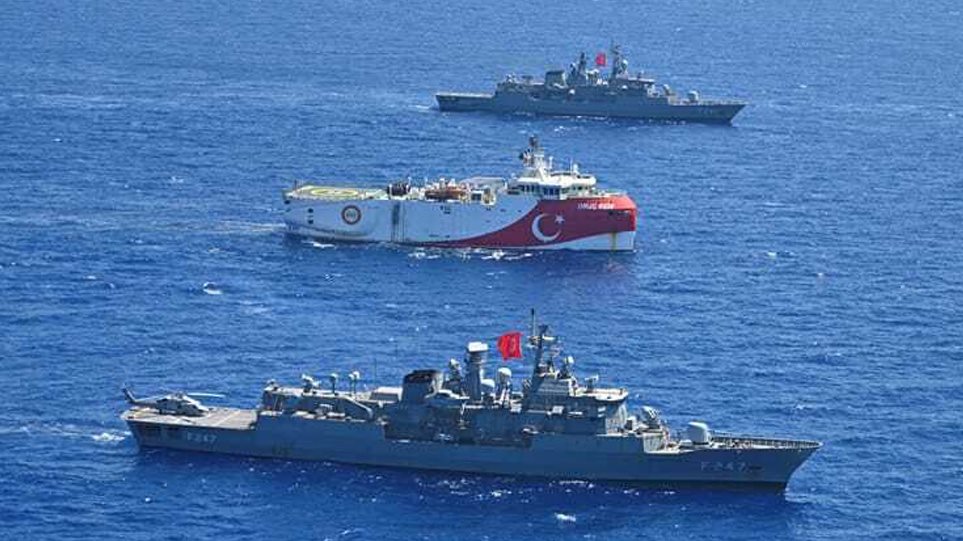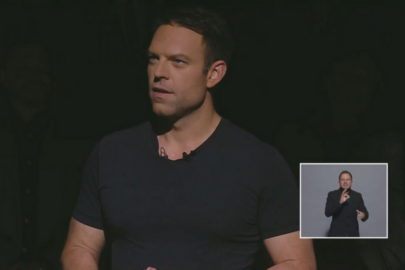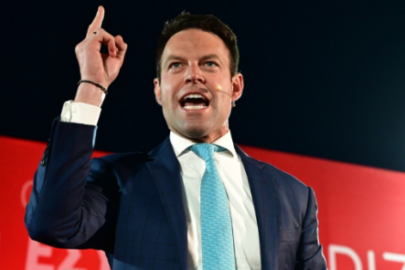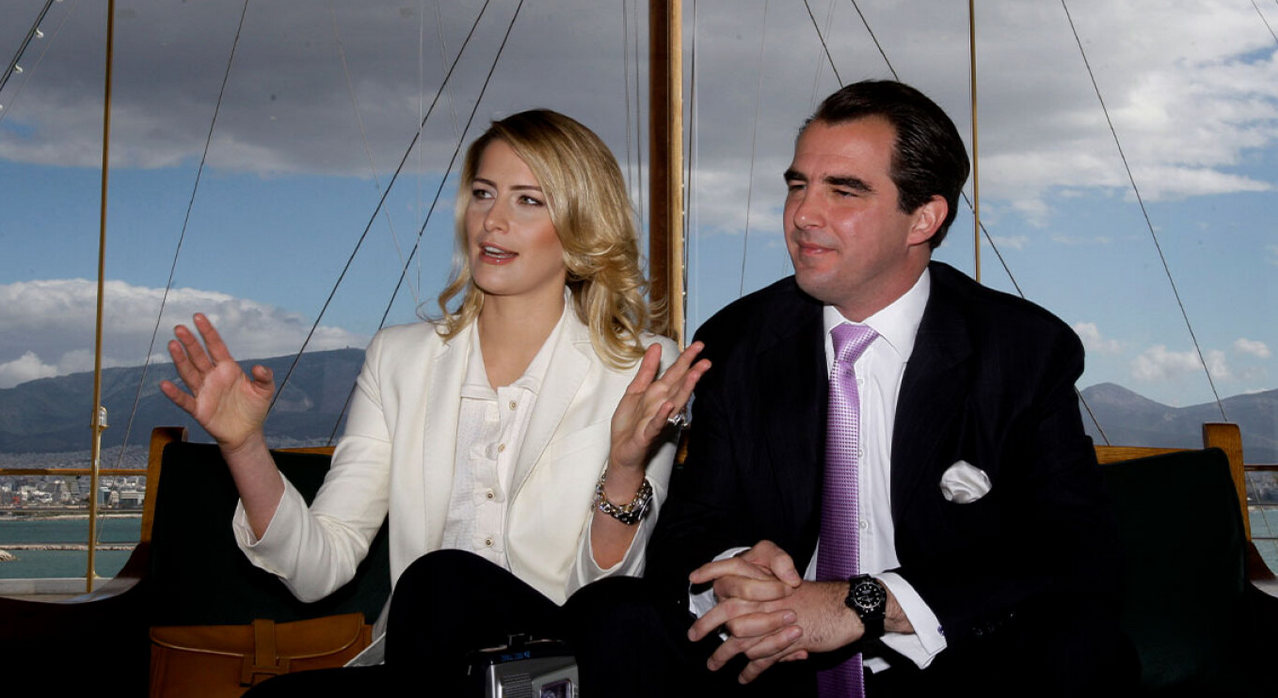A bitter fact seems to have dawned on the pipe dreamers, even to the most naive among Turkey’s friends and allies: as long as the power structure in Ankara is under the grip of President Recep Tayyip Erdoğan and his “fight to the very end” ally, Devlet Bahçeli, Turkey will remain a wild card in every tense corner of the region.
The element of unpredictability, a pillar of Ankara’s foreign policy ever since the botched coup in 2016, has cemented the realisation abroad that Turkey is seen as a destabilising actor. Some know it, feel concerned, but refrain from expressing it. Only a few call the spade a spade.
And some others, among them many Turkey observers, spend extra energy in order to downplay the Erdogan–Bahçeli pattern. The term, for example, “assertive foreign policy” is a product of those efforts, which not only fall short of describing Turkish foreign policy moves, but also mislead those interested in understanding the reality. Surely there is a difference between “assertive foreign policy” and sheer irredentism – or expansionism?
The former implies a flex of muscles within the boundaries of international law, while the latter feeds on the will to challenge it, or the choice to be in defiance of it. The tendency to analyse an aggressive foreign policy through a “soft prism” not only misleads the public, but also emboldens those who rule over that policy. If the term “rogue state” seems – as some Erdogan observers utter behind close doors – to have some validity, it places a heavier burden of responsibility on those trying to explain the mindset, structures and prospects that lie behind it.
No, drones haven’t made tanks obsolete
Hagia Sophia: New desecration by Turkey – Public toilets will be built inside the monument!
“Turkey’s logic in almost all corners of the map is disruption. Anything that undermines the status quo is good for it, because the previous status quo was seen to counter its interests,” said Galip Dalay, fellow at Robert Bosch Academy, in a recent analysis quoted by Reuters.
This is one way of putting it. But if one goes deeper, a deliberate intent to fill each and every vacuum (whether the move has legality or not) in the region becomes clear. This is a high-stakes gamble: beyond filling the vacuum, there is a desire to establish a foothold in different parts of the region on a permanent basis, in order to be seen as an inevitable actor in any future negotiations that could reshape the map.
Read more: Ahval

